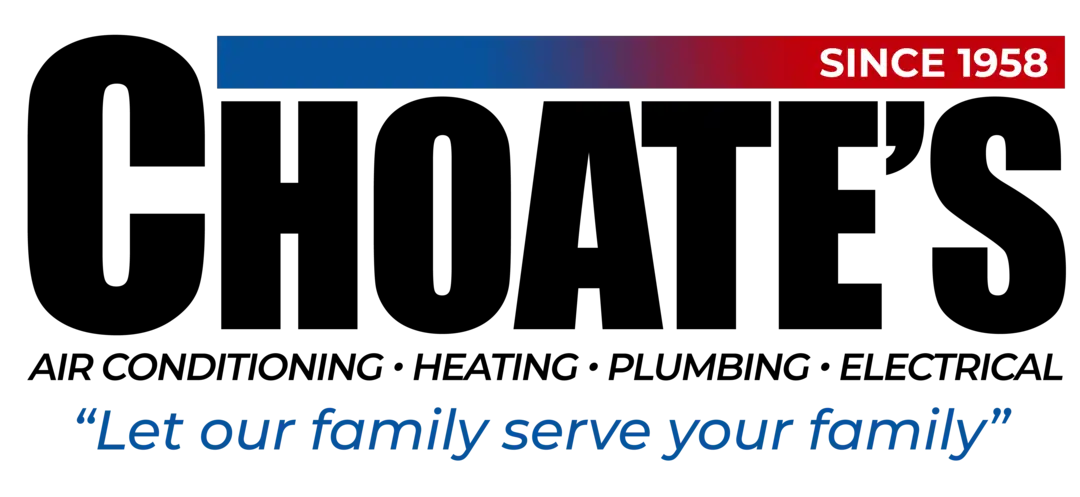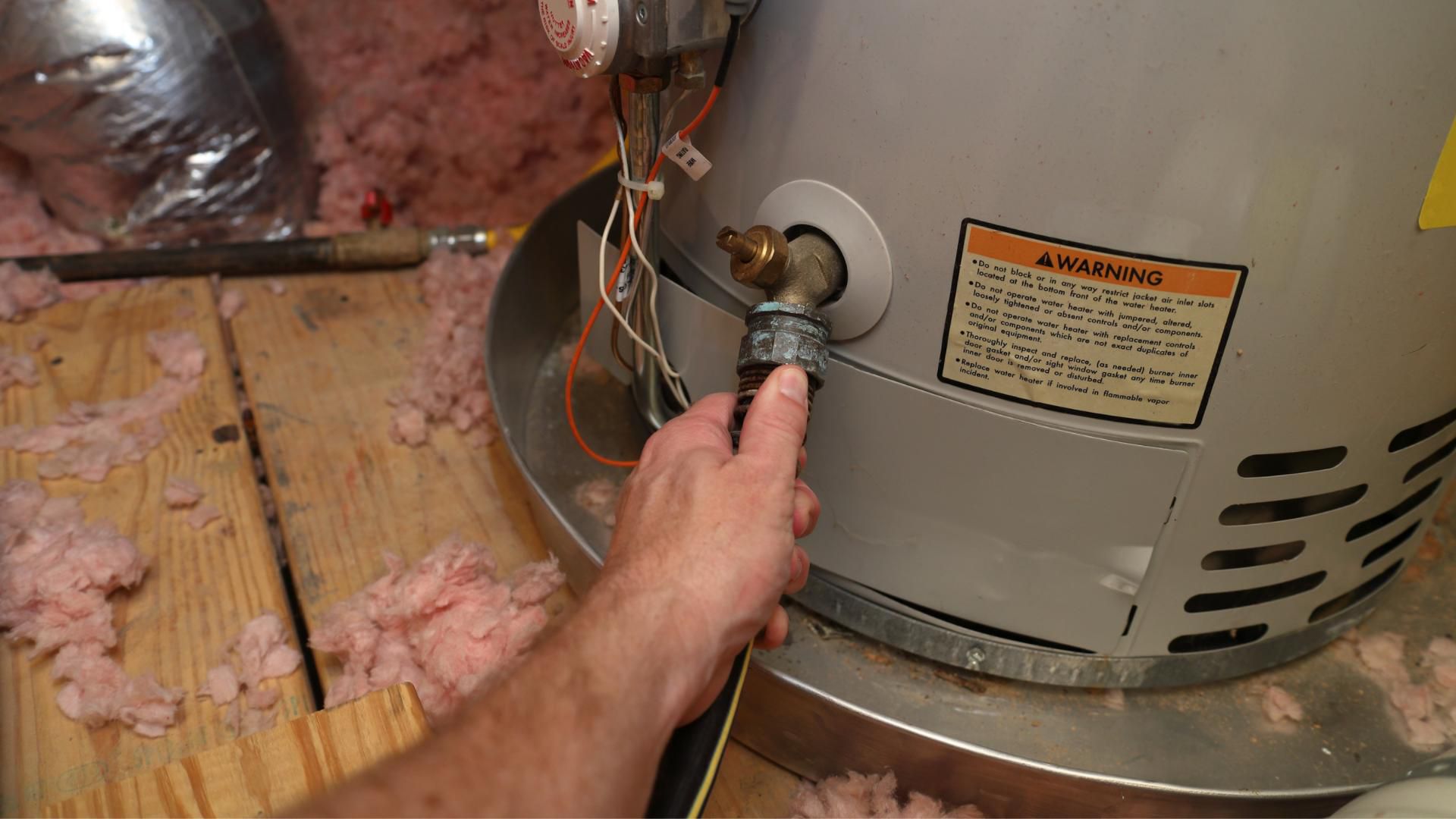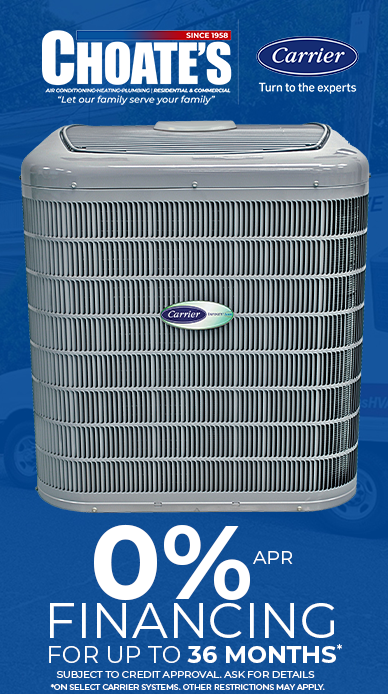901 755 4797
After the cancellation of a contaminated water advisory (such as fuel water advisory, diesel water advisory etc.) , inhabitants should “flush or plurge” their water systems to eliminate any possible pollutants. This purging procedure should encompass all water lines in your home and establishment, which includes indoor and outdoor taps, showers, water and ice dispensers, water filtration units, and more.
Here are some directions to follow:
Cold Water Taps:
Before using for drinking, cooking, or oral hygiene, allow tap water to run until it turns cold, typically about one minute or longer. If your tap is a single-lever model, initiate the purging with the cold water.
Hot Water Taps:
To decontaminate your hot-water pipes and heater, let the hot water line run for at least 15 minutes for a standard household 40-gallon hot-water tank, and 30 minutes for an 80-gallon tank or larger. After this, the hot water should be safe for tasks such as handwashing, dishwashing, and washing pots and pans. However, never use hot tap water for drinking or cooking. It is recommended to test your hot water quality and perform a tank flush before doing so.
Dishwashers:
Once the hot water pipes and heater have been purged, run your dishwasher once with no dishes inside.
Humidifiers:
Dispose of any water previously used in humidifiers, CPAP machines, and any oral or health care devices, and then clean the devices with fresh water.
Food and Infant Formula:
Dispose of baby formula and any food made with water during the period of the boil water advisory. If you’re uncertain about the dates, reach out to your local water department.
Refrigerator Water Dispensers:
Water dispensers in refrigerators should be purged with at least one quart of water. If you’re unsure about your dispenser’s volume, check the manufacturer’s guidelines.
Ice Makers:
Empty any ice produced during the boil water advisory from automatic ice dispensers, and run them for a 24-hour cycle, discarding the ice to ensure the icemaker’s water supply line is completely purged. For businesses in the medical, dental, and food-service sectors, please refer to the instructions from the Department of Public Health.
Conclusion:
Adhering to these steps following the revocation of a boil water advisory is essential to ensure the safety and cleanliness of your water supply. By thoroughly purging your water systems, you significantly decrease the risk of consuming or using any residual contaminated water.
However, if you’re feeling unsure or want a professional touch, Choate’s is here to assist you. Choate’s offers comprehensive services such as hot water tank flushing and water testing, taking the worry off your hands and ensuring your water is safe for use. Our team of professionals is just a call away, ready to help safeguard your home or establishment from potential waterborne threats.
While these procedures might seem laborious, they are a small price to pay for maintaining the health and well-being of those using the water supply. Stay informed about local water conditions and follow official guidance, and when in doubt, don’t hesitate to call Choate’s at 901-755-4797.
Your patience and diligence in these matters, paired with our services, make a significant difference in maintaining water safety and cleanliness.


